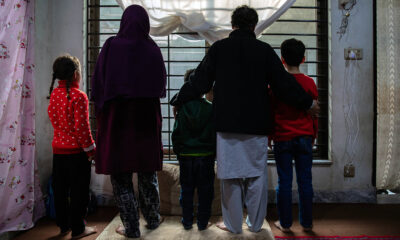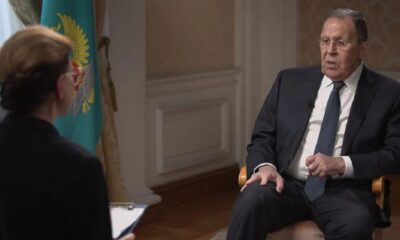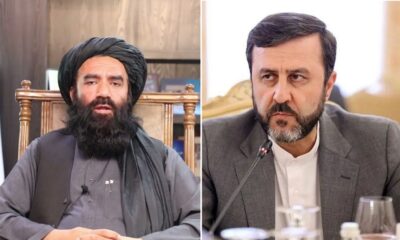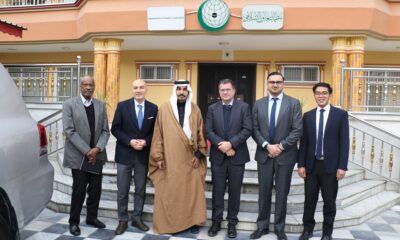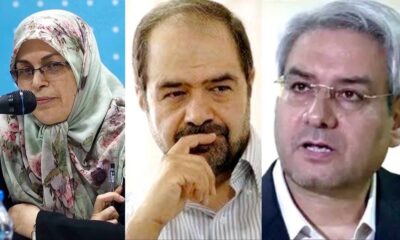Latest News
German military completes withdrawal from Afghanistan
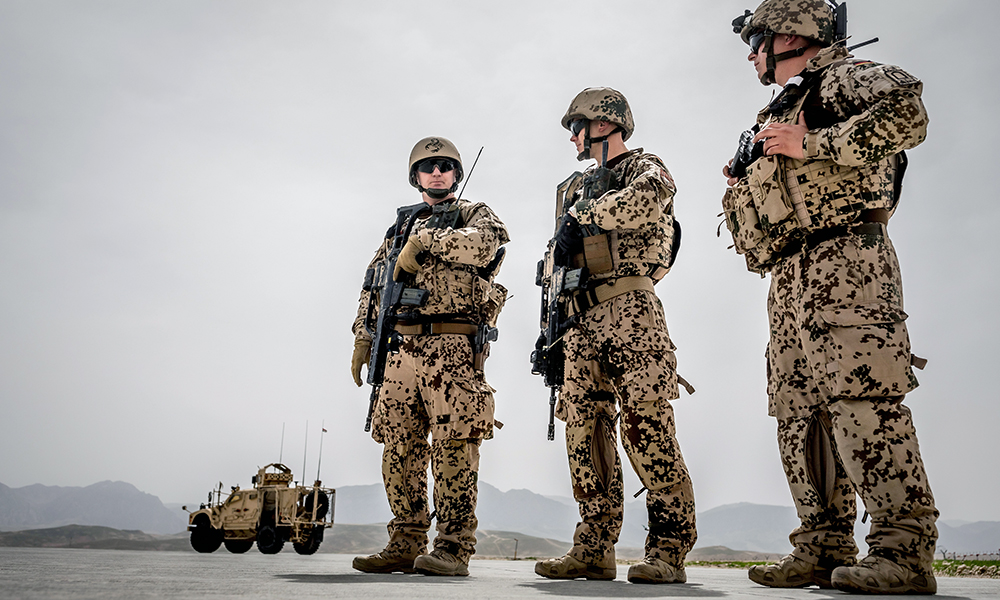
The German military late on Tuesday concluded its withdrawal from Afghanistan after almost two decades, finishing Germany’s deadliest military mission since World War 2.
“Our last troops left Afghanistan this night after almost 20 years and are on their way home,” German Defence Minister Annegret Kramp-Karrenbauer said in a statement.
“This is the end of a historic chapter, of an intensive mission which has tested the Bundeswehr and in which the Bundeswehr has proven itself in combat.”
It was in Afghanistan that Germany’s military fought the first ground battles since the end of World War 2.
U.S. President Joe Biden and NATO announced in mid-April that they would pull out the roughly 10,000 foreign troops still in Afghanistan at the time by Sept. 11, the 20th anniversary of the attacks on the World Trade Center in New York that prompted the mission.
Over the last years, Germany had the second largest contingent of troops after the United States in Afghanistan, with around 150,000 soldiers deployed over the past two decades, many of them serving more than one tour in the country.
Fifty-nine German soldiers died in Afghanistan, 35 of them killed in combat or as a result of militant attacks, making it Germany’s deadliest military mission since World War 2.
Wrapping up the operation, Germany said it would have to redeploy the equivalent of around 800 containers of equipment such as armoured vehicles, helicopters, weapons and ammunition as the drawdown began.
The multinational camp in northern Mazar-i-Sharif led by Germany had been reinforced with troops and mortars, ramping up security for the duration of the withdrawal to guard the base against attacks by the Taliban.
The Taliban severely curtailed women’s and other human rights during their reign in Afghanistan from 1996 to 2001, when they were ousted by U.S.-led forces. Since then they have waged a long-running insurgency and now control wide swathes of territory.
Latest News
Pakistan to repatriate nearly 20,000 Afghans awaiting US resettlement
Authorities will also share verified data of the affected individuals with relevant departments to support implementation.
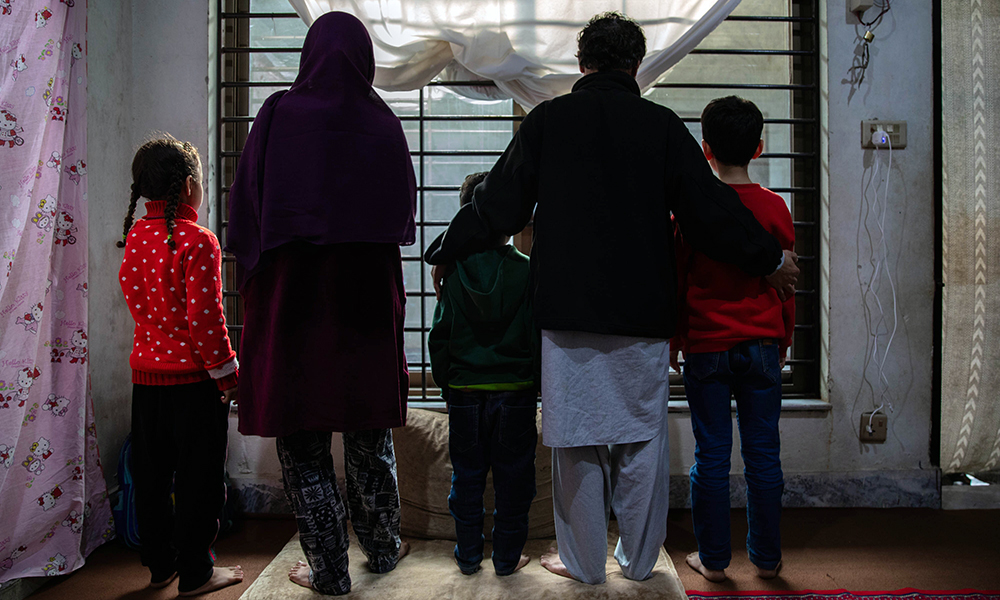
Pakistan will repatriate nearly 20,000 Afghan nationals currently awaiting resettlement in the United States, The Nation reported, citing official sources.
The move affects 19,973 Afghans living across Pakistan.
A federal directive will instruct provincial chief secretaries and police chiefs in Punjab, Sindh, Khyber Pakhtunkhwa, Balochistan, Azad Kashmir, Gilgit-Baltistan, and the Islamabad Capital Territory to begin the repatriation process immediately.
Authorities will also share verified data of the affected individuals with relevant departments to support implementation.
Following the Islamic Emirate’s return to power in 2021, more than 100,000 Afghans fled to Pakistan, many of whom had worked with the US and UK governments, international organizations, or aid agencies.
Thousands have remained stranded in Pakistan for over four years while awaiting US resettlement clearance.
Prospects for relocation have dimmed amid a suspension of case processing by the US administration, according to The Nation.
Under Pakistan’s Illegal Foreigners Repatriation Plan (IFRP), all Afghan nationals still awaiting US relocation will now be returned to Afghanistan.
Latest News
Terrorist activities observed along Afghanistan borders, says Lavrov
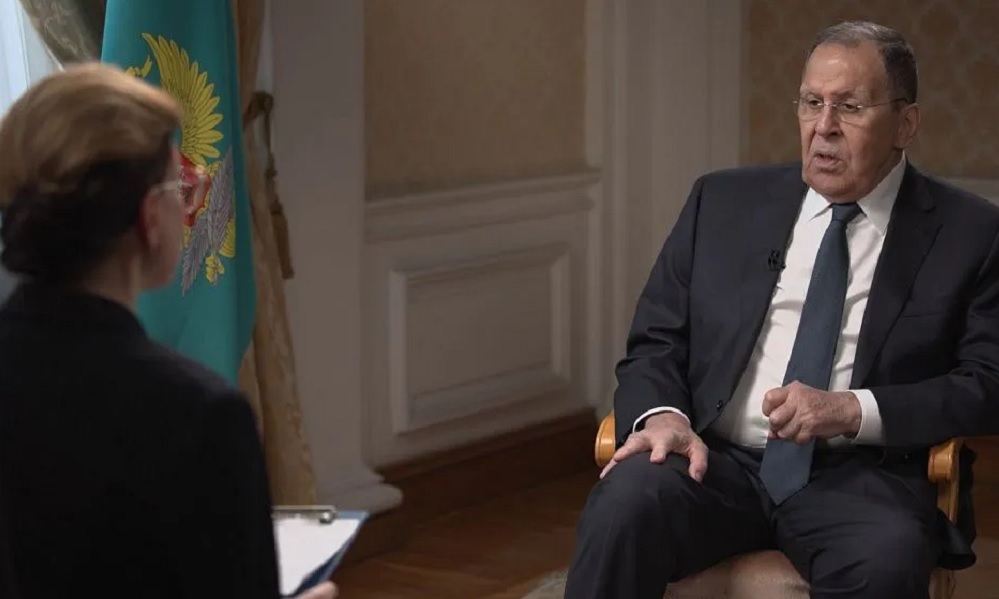
Terrorist activities continue to be observed along Afghanistan borders and along the India–Pakistan–Afghanistan corridor, Russian Foreign Minister Sergei Lavrov said in an interview published on Monday.
Speaking to Russia-based media outlet TV BRICS, Lavrov pointed to ongoing concerns in the Middle East, including its Asian regions.
He highlighted the importance of collaboration with India at the United Nations to advance a global counter-terrorism convention.
Lavrov stated that while the draft convention has already been prepared, consensus on its adoption has not yet been reached.
Russia has repeatedly expressed concern about militant threats from Afghanistan. The Islamic Emirate, however, has dismissed the concerns saying that it will not allow Afghanistan’s soil to be used against any country.
Latest News
Afghan border minister holds phone talks with Iran’s deputy foreign minister
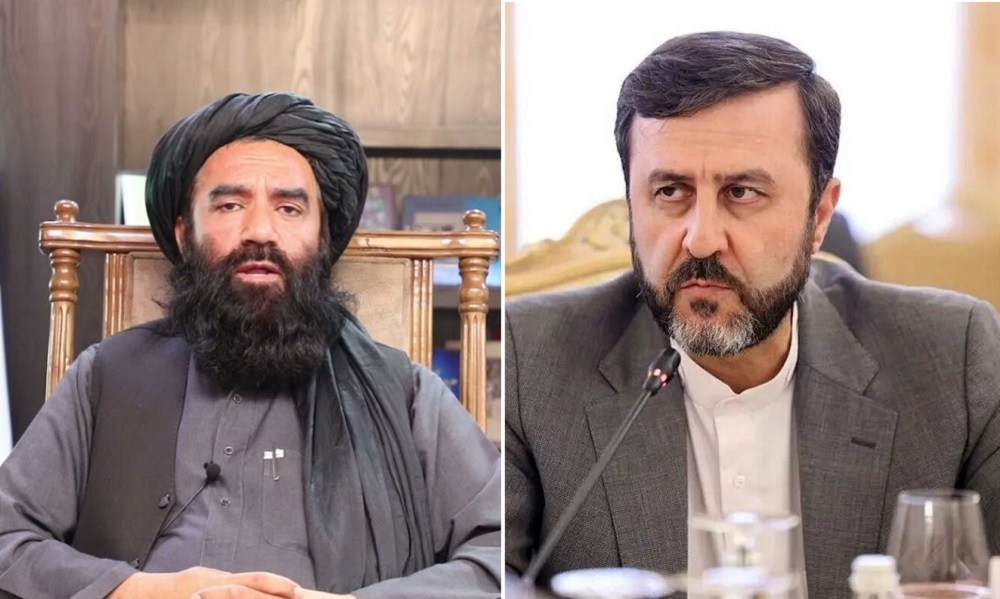
Noorullah Noori, Afghanistan’s Minister of Borders and Tribal Affairs, held a phone conversation with Kazem Gharibabadi, Iran’s Deputy Foreign Minister for Legal and International Affairs, to discuss bilateral border cooperation.
According to the Iranian news agency IRNA, both sides reaffirmed their commitment to strengthening border collaboration, with a particular focus on the ongoing renovation and updating of border markers. They also agreed to accelerate joint technical and legal meetings to enhance coordination.
As part of the agreement, the next meeting of senior border officials from Afghanistan and Iran is scheduled to take place in Iran in 1405 (2026–2027).
-

 Latest News2 days ago
Latest News2 days agoAfghanistan to grant one- to ten-year residency to foreign investors
-

 Latest News4 days ago
Latest News4 days agoTerrorist threat in Afghanistan must be taken seriously, China tells UNSC
-

 Sport3 days ago
Sport3 days agoIndonesia shock Japan to reach historic AFC Futsal Asian Cup final
-

 Sport4 days ago
Sport4 days agoMilano Cortina 2026 Winter Olympics: What You Need to Know
-

 Sport2 days ago
Sport2 days agoIran clinch AFC Futsal Asian Cup 2026 in penalty shootout thriller
-

 Latest News4 days ago
Latest News4 days agoUS Justice Department to seek death penalty for Afghan suspect in National Guard shooting
-
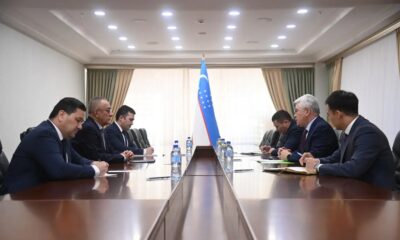
 Latest News4 days ago
Latest News4 days agoUzbekistan, Kazakhstan discuss cooperation on Afghanistan
-

 Latest News2 days ago
Latest News2 days agoAfghanistan says Pakistan is shifting blame for its own security failures


